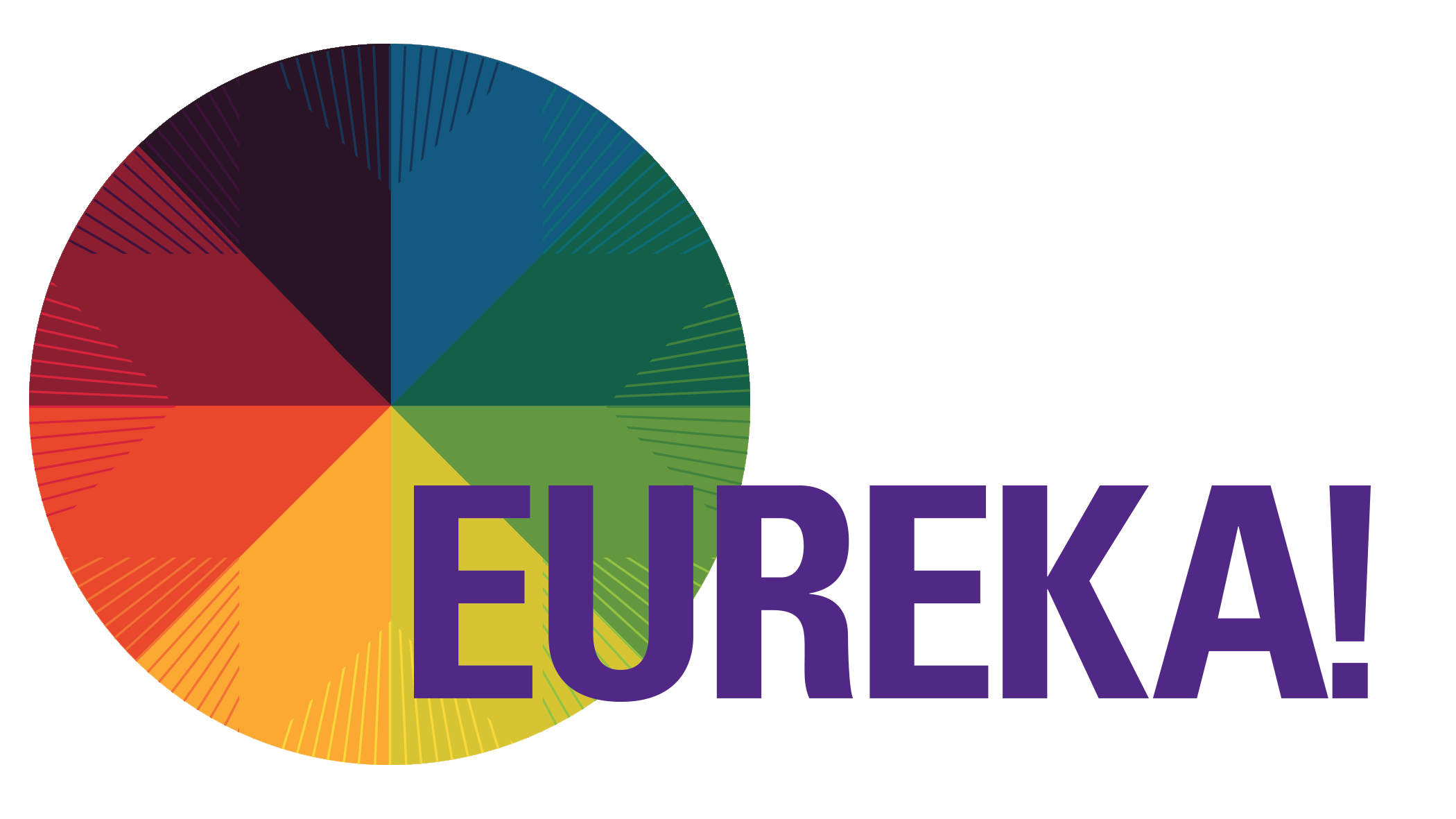Internship Reports#1 - Louis Davis time at DOC:
2018 National Finalist, Louis Davis, was the first recipient of the Department of Conservation Internship Award. Here is his report on his experience.
During January I spent most of my time in Conservation House, the National Office for the Department of Conservation (DOC), doing research. The research was to review current academic literature on the deer population distribution and its impact on the environment, culminating in a written report and short presentation to senior members of the Threats Unit at DOC.
The essence of my findings, without going into too much detail, is that wherever deer are, they modify the lower section of all habitats (i.e. between 15 cm and 2m above the ground) by selectively eating their favourite plants and leaving those they dislike. This changes the abundance of plants in these communities altering plant recruitment, food supplies for birds, insects and reptiles, and possibly affecting soil ecosystems.
As well as this desk-based research, I managed to get out and do some field work. The job was to replace some old beech seed rain traps in the Landcare Research Area, by the research base, which was an area where possums were ‘protected’ for a while to study the effects of uncontrolled possums in New Zealand. Also joining us, because the seed monitoring started 50 years ago, was Alison Ballance from Radio New Zealand to record a segment about this historic event. During this trip there were significant amounts of odd-looking contraptions in the middle of the forest which all went to show how extensive ecological research in New Zealand is. My favourite one would have to be the wire fence that was attached to a tree that spanned most of its 20 m height. This was probably used to scale the tree quickly with a belayer, however still looked very risky and equally hilarious.
This internship, an awesome opportunity that I thoroughly enjoyed, was made possible through the Eureka! Science Presentations and my winning of the Department of Conservation Gold Scholarship. I would highly suggest everyone eligible tries to make a presentation, no matter how extreme, impractical or quirky your idea is. My idea was to plant a highly poisonous, native plant more widely in forest parks in the expectation that goats would eat it and die. From the internship, I found there was no chance this would ever work because the plant is extremely disliked by mammals, and nothing would have eaten it. However, it was the idea, and the way I thought about how to protect our ecosystems, that DOC liked.
Thanks to DOC, Francis Wevers and the whole Eureka! Trust for the experience.
Louis Davis
